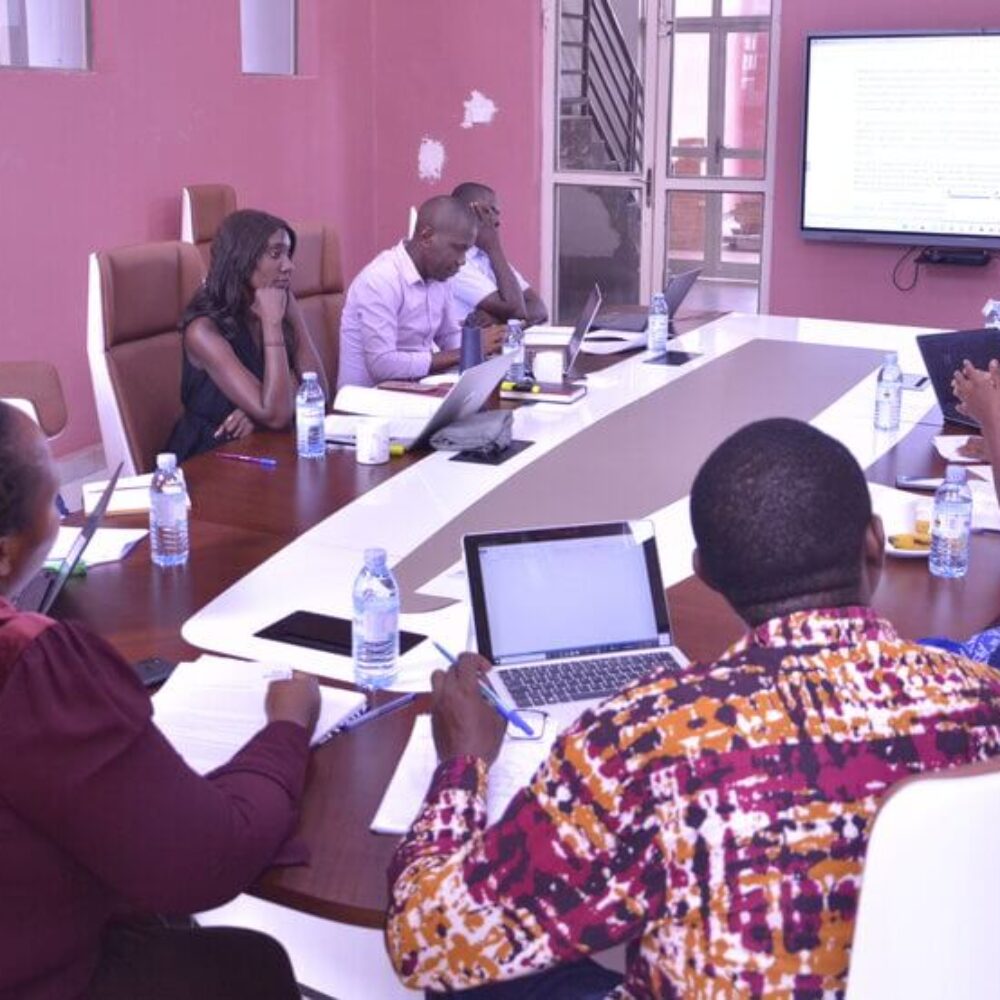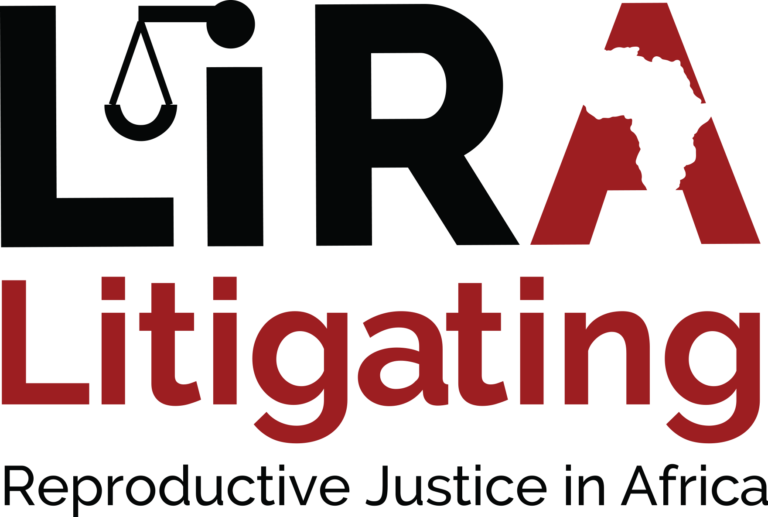Madagascar
Madagascar has been a state party to the African Charter on Human and Peoples’ Rights since 1992, but it has yet to ratify the Maputo Protocol. The ratification of this protocol would mandate Madagascar to protect women’s reproductive rights, including the authorization of medical abortions under certain circumstances. However, policymakers in Madagascar have exhibited reluctance and, in some cases, outright opposition to broadening the legal conditions under which abortion can be performed.
Acts
Despite this hesitation, Madagascar has made several international commitments regarding reproductive rights and health. These include ratifying key international instruments such as the Universal Declaration of Human Rights, CEDAW, and the African Charter. Additionally, the country has endorsed the principles laid out during the International Conference on Population and Development (ICPD) and the Beijing Platform for Action. These agreements affirm the rights of couples to freely decide the number and timing of their children and uphold women’s right to exercise control over their fertility.
Domestically, some of Madagascar’s legal provisions reflect these commitments. For instance, the Constitution contains provisions aimed at protecting the family and ensuring gender equality. Moreover, laws related to public health, HIV/AIDS, and marriage indirectly address reproductive health concerns. However, despite these advancements, Madagascar’s abortion laws remain among the most restrictive globally, rooted in the Napoleonic Penal Code. Abortion is a criminal offense punishable by up to ten years imprisonment for providers and up to two years for women, even in cases of rape, incest, or when the woman’s life or health is at risk.
Attempts to reform these restrictive laws have been largely unsuccessful. In 2017, the Ministry of Public Health proposed provisions that would allow therapeutic abortions for medical purposes as part of a broader reproductive health bill. While Law No. 2017-043, laying down general rules on reproductive health and family planning, was passed, Articles 22 and 23, which concerned medical abortion, were ultimately removed. Furthermore, Article 28 of the law imposes the penalties provided for in Article 317 of the Criminal Code on anyone performing a medical termination of pregnancy without adhering to legal requirements.
Legal and Policy Frameworks
At the national level, Article 21 of Madagascar’s Constitution commits the state to ensuring the protection and development of the family, including equal rights for men and women, and safeguarding the well-being of mothers and children. Several other national laws contribute to the legal landscape governing reproductive health. These include:
- Law No. 2011-OOZ of 15 July 2011, which outlines the implementation of an effective family planning strategy and complements the provisions of Law No. 2005-040 of 20 February 2006 on combating HIV/AIDS and protecting individuals living with HIV.
- Law No. 2007-022 of 20 August 2007 on marriage and matrimonial regimes, which prohibits marriage before the age of 18, in an effort to prevent early pregnancies.
Despite these laws, Madagascar’s legislative framework does little to advance comprehensive reproductive rights. The failure to pass provisions for therapeutic abortion in 2017 reflects ongoing resistance to reforms that align with international human rights standards. This gap between international commitments and national laws poses significant challenges for the realization of reproductive justice in Madagascar.








